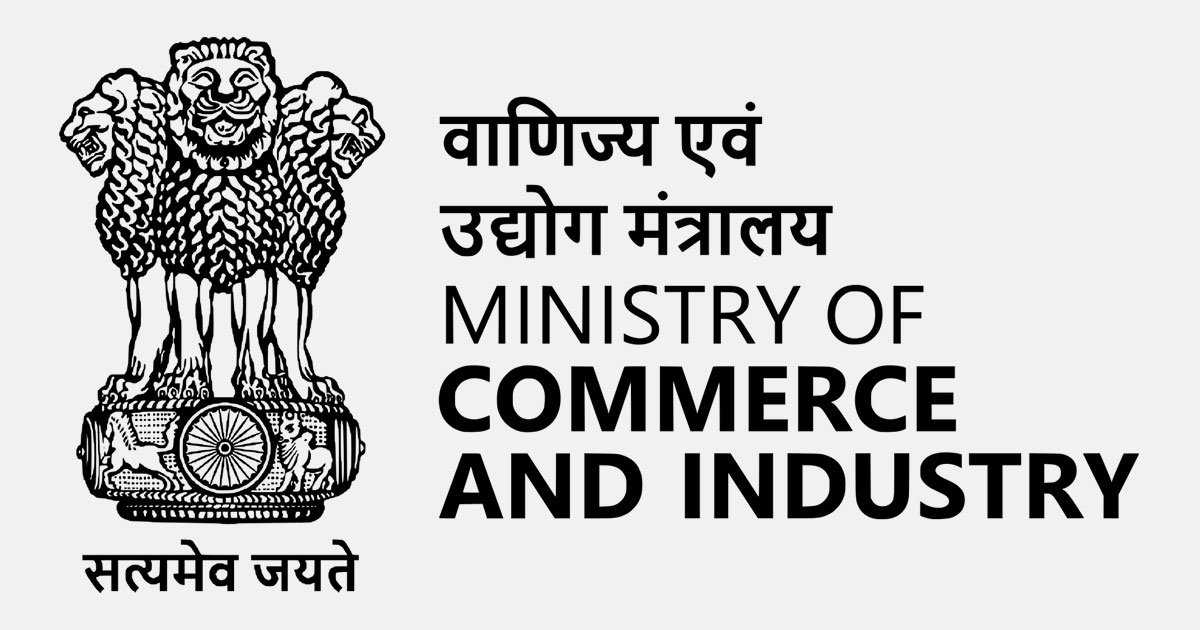Government plans overhaul of SEZ Act, proposes reduction in tax incentives, and increased integration
09 Nov 2023

The government seems poised to refrain from introducing fresh direct tax incentives for businesses in special economic zones (SEZs). Instead, they may opt to maintain previous exemptions for such units, a move outlined in the proposed amendments to the SEZ Act, 2005. The commerce department, advocating for these changes, will soon present them for Cabinet approval. This marks a departure from the original plan, which involved the controversial Development Enterprises and Services Hubs (DESH) Bill, 2023, criticized by the Ministry of Finance.
According to insiders, SEZ developers might retain grandfathered direct tax benefits for the stipulated period without the addition of further incentives. The erstwhile DESH Bill had proposed a reduced corporate tax rate of 15% for greenfield units in SEZs, aiming to position these zones as India's new manufacturing hub.
The commerce department, abandoning the DESH Bill, has now crafted the SEZ (Amendment) Bill, 2023. The focus is on establishing a more favorable fiscal framework by adjusting customs rules, ensuring smoother integration of SEZs with the domestic market, and preventing market access restrictions for companies in these zones.
The current government objective is to shift focus from exports to a broader economic outlook, emphasizing manufacturing, investment, and integration with global value chains for economic growth.
The new law is expected to permit the sale of SEZ-manufactured products in the domestic market with zero import duty, leveling the playing field with units outside SEZs benefiting from free trade agreements. The "positive net foreign exchange" criterion, crucial for SEZ units, will persist in accordance with the World Trade Organization framework.
Furthermore, the proposed amendments include deferring customs duties on capital goods and addressing industry demands to allow units to sell to the domestic market by paying import duties on consumed inputs, not finished goods. The definition of "services" will also undergo a tweak, enabling payments in Indian currency for services supplied to domestic market units, in contrast to the existing requirement for foreign exchange payments.
The amendments aim to strengthen the single-window clearance mechanism, establish a unified regulatory structure, and introduce a modern dispute resolution framework. To facilitate SEZ growth and reduce compliance burdens, the proposed law introduces the provision of "pre-cleared zones," empowering the Center or state government to notify them.
May bring some laxation to restrictions on SEZ units: Piyush Goyal
Indian Union Commerce Minister Piyush Goyal stated on Wednesday, 8 November 2023, that the government is focusing on easing certain limitations for the units in the special economic zones (SEZ). This would give a boost to the operations conducted by the units in these zones.
Goyal mentioned at the DPIIT-CII National Conference on Ease of Doing Business that they were exploring options to liberalize certain restrictions on SEZ units. He stated that it was under consideration and being discussed with all stakeholders, expressing hope that such discussions would provide a significant boost to the SEZ units.
Goyal further stated that the government is fully aware of the demands to extend the benefits of exports in the industry. This will in turn boost the Remission of Duties or Taxes on Export Products (RoDTEP) to SEZs.
Although there is currently a budget restriction, the commerce department wants to take a careful approach.
MAJOR TAKEAWAYS
- The positive net forex conditions are set to persist.
- Anticipation does not include any new direct tax advantages.
- Units might gain the ability to sell in the domestic market by settling import duties based on consumed inputs rather than finished goods.
- The service definition is set for adjustment, enabling units in the domestic market to make payments in rupees for service supplies.
- Expectations include a more robust single-window clearance system and a contemporary dispute resolution framework.




















